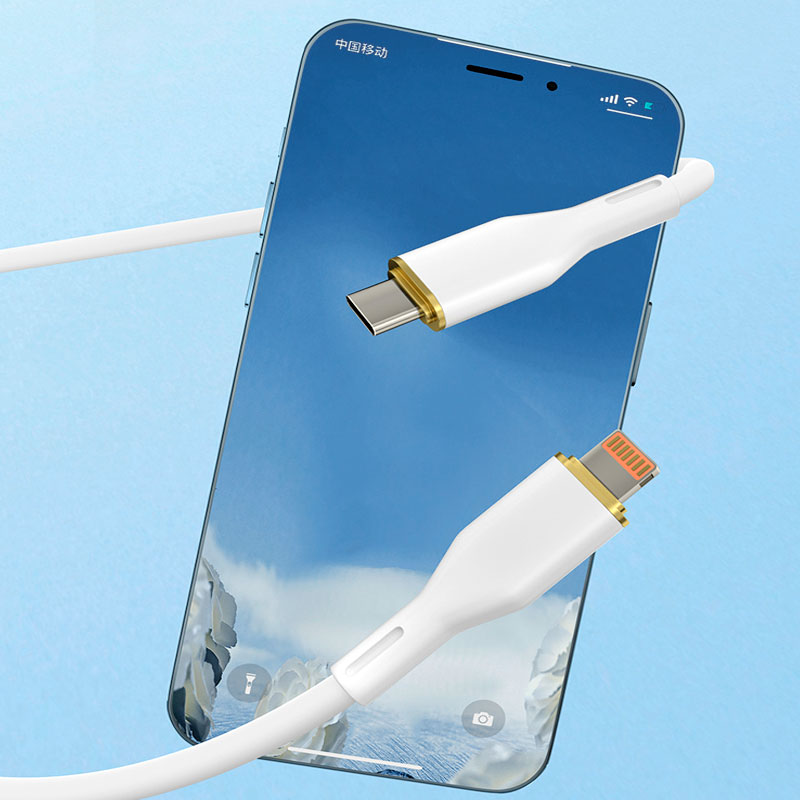Register an account | Forget the password
Become our member and enjoy discounts on purchases in this mall
When it comes to connectivity and charging solutions, USB cables have become an essential part of our modern lives. With the emergence of USB-C technology, there has been a debate about whether USB-C cables are more durable than traditional USB cables. This article aims to delve into the topic and provide a comprehensive analysis of the durability of USB-C cables, highlighting their advantages and potential limitations.
The construction and design of USB-C cables make them inherently more durable compared to traditional USB cables. USB-C cables have a reversible connector, eliminating the frustration of inserting the cable in the correct direction. The connectors are designed with sturdier materials, ensuring a snug fit and reducing wear and tear. The symmetric design minimizes stress on the connectors, making them less prone to damage. Additionally, USB-C cables often feature reinforced tips and cables, providing extra protection against fraying and breakage.
USB-C cables are capable of delivering higher power compared to traditional USB cables. This enhanced power delivery means that devices can charge faster and more efficiently. However, the increased power also puts additional strain on the cables. Manufacturers have recognized this potential issue and have implemented advanced technologies to ensure the durability of USB-C cables. These technologies include intelligent circuitry and built-in safeguards to protect against excessive power delivery and overheating, ultimately prolonging the lifespan of the cable.

USB-C cables offer improved connectivity and versatility compared to traditional USB cables. USB-C is a universal standard, compatible with various devices, including smartphones, laptops, and tablets. The compact and slim design of USB-C connectors allows for more flexibility, reducing the risk of accidental damage caused by excessive bending or pulling. Moreover, USB-C cables support faster data transfer rates, enabling seamless file transfers between devices.
The widespread adoption of USB-C technology by major electronics manufacturers has fueled the production of high-quality USB-C cables. These cables adhere to strict industry standards, undergo rigorous testing, and are certified for their durability and performance. Although traditional USB cables have been around for much longer, the focus in recent years has shifted towards USB-C. As a result, the availability and reliability of USB-C cables in the market have significantly improved, making them a reliable choice for consumers.
While USB-C cables offer many advantages, it is essential to consider their potential limitations. The smaller size of USB-C connectors makes them more susceptible to damage due to dust, lint, or foreign object intrusion. Additionally, not all USB-C cables are created equal, with some lower-quality options featuring inferior materials and construction. It is crucial to choose reputable brands and certified cables to ensure optimal durability and performance.
The USB-C technology continues to evolve, and manufacturers are actively working on improving its durability. Efforts are being made to develop even more robust USB-C cables with reinforced insulation, stronger connectors, and increased resistance to bending and pulling stress. As the demand for USB-C connectivity grows, these advancements will continue to drive the development of highly durable USB-C cables.